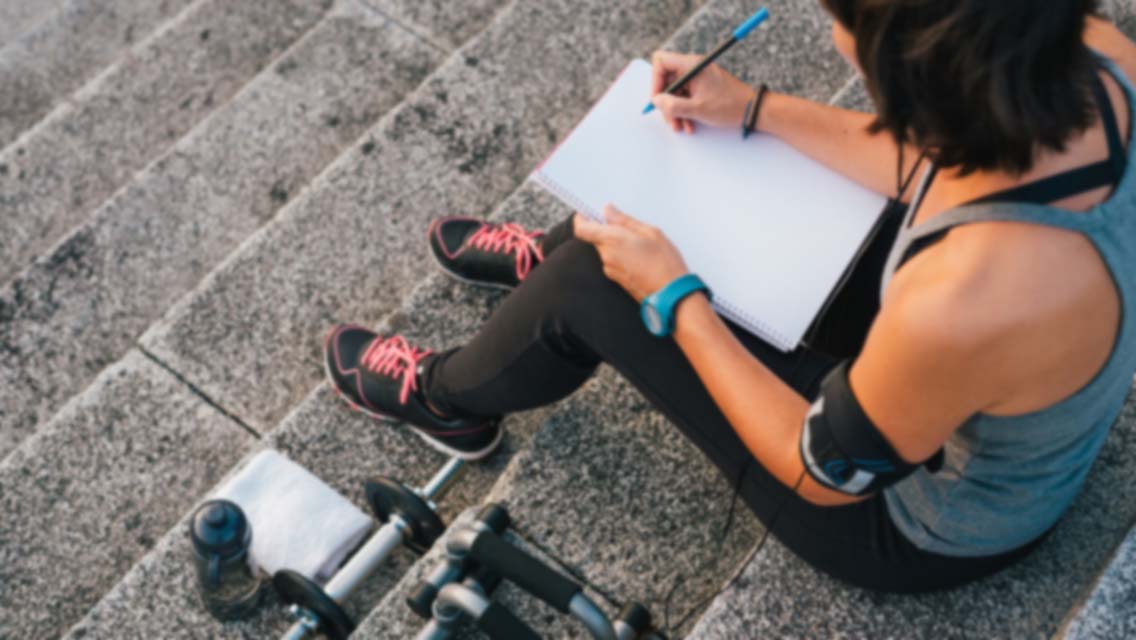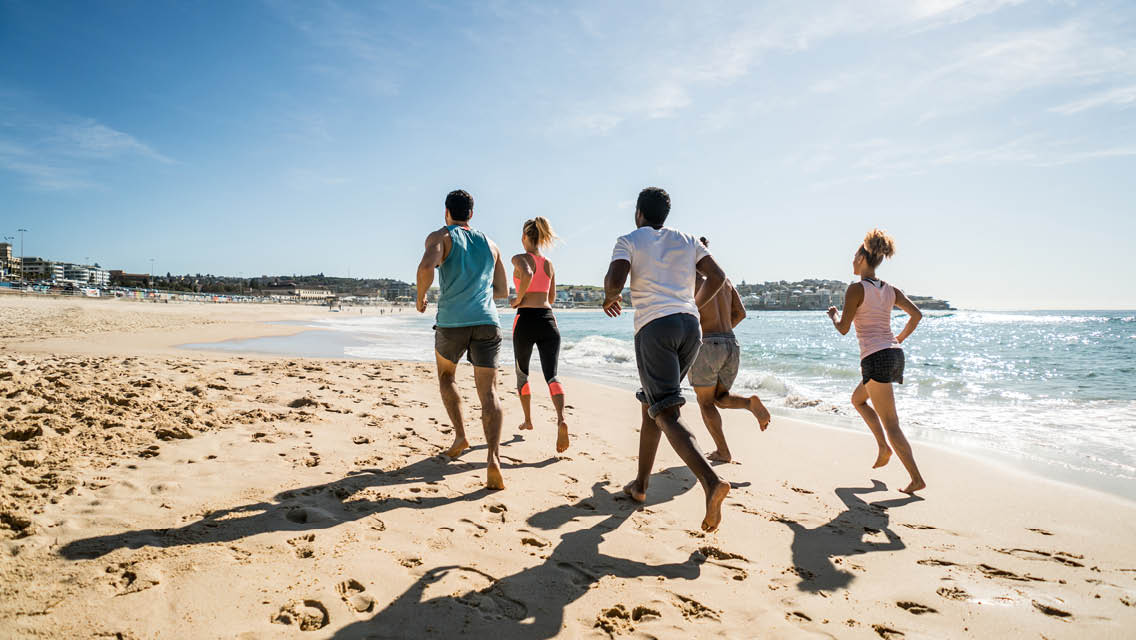The first time I set a “fitness goal,” I didn’t even know fitness goals were a thing. It was the summer of 1994, the eve of a new school year at a new school — middle school — in a new town. I was 11 years old, feeling trapped in a changing body I didn’t recognize or understand, and full of nerves about making a good impression.
I need to lose weight, I decided. I didn’t know much at 11, but I’d already absorbed the message that being skinny was desirable, powerful even. If I could just shrink down to the “right” size, I’d ace all my classes and win the hearts of the other kids.
I spent the last week of summer walking all over my new neighborhood and skipping meals. Whether this was an attempt to exert control over my body or over a scary situation — or both — is something I can only guess at now, 27 years later.
Not surprisingly, a week of these efforts didn’t have the exponential results I’d hoped for. What they did was set the tone for a mindset I’d battle for years to come.
Throughout my school years, I struggled with my body image and self-confidence. I spent many after-school hours in the basement working out to exercise videos. I skipped breakfast and lunch. I weighed and measured my body. I never reached my goal weight.
In my teenage eyes, I had failed.
I couldn’t see the gifts I was giving myself with those exercise videos, which included yoga, dance, kickboxing, and strength circuits. I couldn’t see how they were instilling in me a love of movement and an appreciation for physical challenges.
Goals aren’t a final destination.
They aren’t an endpoint.
They’re simply an invitation.
I also couldn’t see the ways I was hurting myself: pushing myself too hard, eating too little, and denying myself basic care and pleasures.
This pattern continued into my early 30s, even after I shifted my focus away from being purely about aesthetics and toward performance goals like running and lifting.
And still, even though I had my why, even though I had a good training plan, even when I reached the goals I had set, it wasn’t enough.
Again, I now understand there was so much I couldn’t see. I didn’t look beyond the goals I had set, yet this performance-focused phase of my journey taught me so much about exercise and human movement. I had learned new skills and found sports I loved. My doctor was always impressed by my lab work; once, with a stethoscope to my chest, she marveled, “The heart of an athlete.”
If I had the heart of an athlete, then why did I always feel like a total failure?
The answer arrived when I broke up with goal-setting, at least in the way I’d been doing it. In my fitness life (and, if I’m being honest, my whole life), I had looked at goals as destinations on the horizon — an endpoint I should reach.
But I came to understand that what I desire is to be able to live and move without self-blame and shame. I want to grow as a person by becoming more myself — not less.
To achieve this vision, I needed to reframe my understanding of goals.
So, I stopped setting them.
I began approaching movement from a place of curiosity. I asked, What if . . . ? I followed my intuition about how and when to move. As I followed my instincts, my intuition got louder. And in this process of learning, my greatest fear since childhood — that if I stopped setting goals, I’d stop moving altogether — fell away. Even without specific goals, I got stronger.
This hasn’t been a linear journey, but my circuitous, oftentimes surprising path has given me the best result I could have asked for: I no longer think of myself as a failure.
For a while, I thought the moral of this story was that goals are overrated at best, injurious at worst. But the narrative I embrace now is less binary: Goals aren’t a final destination. They aren’t an endpoint. They’re simply an invitation — to take a step forward, to explore a direction, and maybe to let myself get lost along the way and discover something new.
Finally, I can accept that sometimes I must get lost to find what I was looking for all along.
This article originally appeared as “Coming Into Focus” in the June 2022 issue of Experience Life.





This Post Has One Comment
A new a-ha moment. Thanks for this Maggie